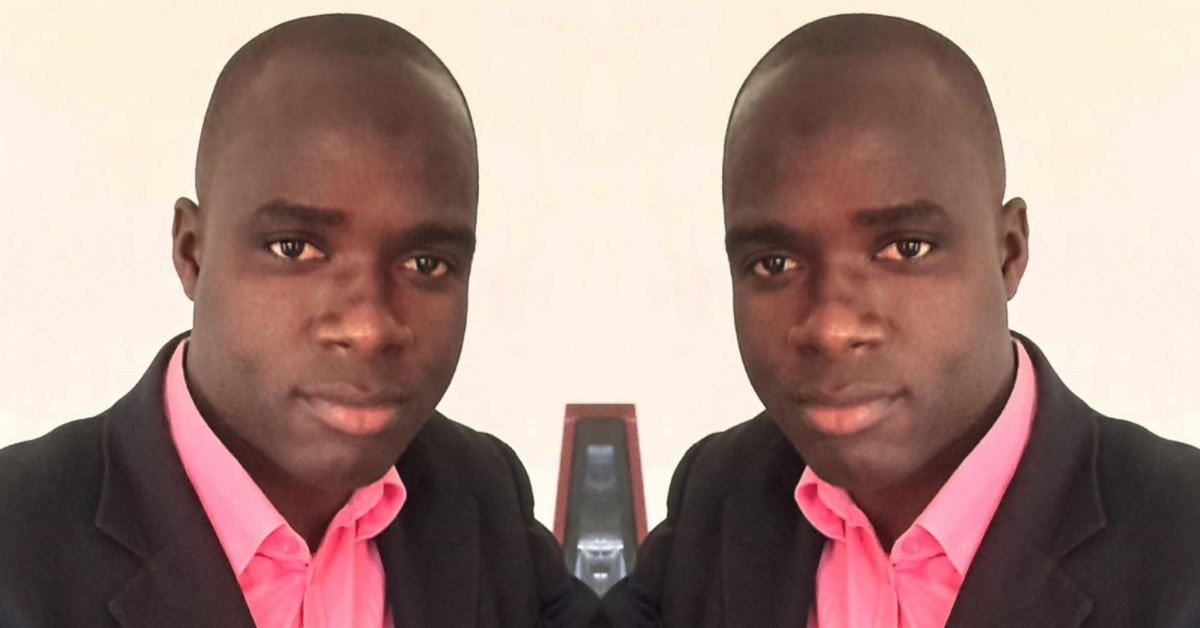The freedom to expression oneself is a natural phenomenon every living creation is guaranteed to enjoy by the maker. This could be seen in the way trees grow demonstrating that they too have a place where they can show they are trees by growing to the best the of their heights. That indicates Freedom of expression in its natural form.
For human being, it is a human right everyone begins to express right at birth through crying. Legally, this right provided for in a number of international and local legal instruments for every human being to enjoy irrespective of his or her background. Article 19 of the 1948 United Nations’ Universal Declaration of Human Rights provided that:
‘Everyone has a right to freedom of expression. This right includes freedom to hold opinions, without interference and to seek, receive and impart information and ideas through any media and regardless of frontiers’
The above quotation does not only provide for a right to express oneself but also the choice you make to seek, impart and the medium or media you use to pass such information through. This provision is bolstered by sections 25 (1) (b) in the Constitution of Sierra Leone Act No. 6 of 1991 in chapter two which reads that:
‘Except with his own consent, no person shall be hindered in the enjoyment of his freedom of expression, and for the purpose of this section, the said freedom includes the freedom to opinions and to receive and impact ideas and information without interference, freedom from interference with his correspondence, freedom to own, establish and operate any medium for the dissemination of information, ideas and opinions, and academic freedom in institutions of learning’
In a bid to make Sierra Leone stand out in this right-based advocacy, successive governments have demonstrated the requisite political and leadership wills to guarantee citizens this right since the end of the country’s civil conflict in 2002. As recommended for in the Truth and Reconciliation Commission Report, Sierra Leone set up its first Human Rights Commission in 2005 by an act of parliament which provides the legal and institutional frameworks to protect and promote freedom of expression amongst other fundamental human rights.
Fast forward to 2013, the Right to Access Information was established by another act of parliament; the institution is specifically geared toward granting people’s unhindered access to public information. As to what constitute public information would be discussed in another article. This development was occasioned by the clarion calls journalists, rights-based Civil Society Organizations, research institutes and individuals made. Though like any other public institution, Right to Access Information Commission is believed to have been constrained by a number of issues over the years amongst which is the limited cooperation of public institutions to share their information with information seekers.
This is said to be as a result of the conflicting-old fashioned laws such the Civil Service Code of Conduct amongst others which restrain civil servants from divulging public information without being declassified by the appropriate senior civil servants.
In 2022, part five of the Public Order Act No. 46 of 1965 was repealed and replaced with a more human rights friendly section. Prior to its amendment, a number of journalists and civil society activists were tried and incarcerated under part five of the 1965 Public Order Act. This put Sierra Leone in a bad light in the international human rights landscape such as the Universal Periodic Review done by the United Nations after every half a decade.
As these developments in our national context call for celebration in guaranteeing the right to freedom of expression, this right is believed to have been largely compromised with the expected responsibilities from some of us seeking for it. It is fair to say that the expression of this right by a certain quarter of the citizenry has almost abuse the rights of others especially with the explosion of the new media.
In line with the theme of this year’s World Press Freedom Day “Shaping a Future of Rights- Freedom of expression as a driver for all other human rights”.
I will add my voice to this 30-year-old media discourse that: In as much as we express this fundamental human right, it should be equally expressed with responsibilities that enhance Sierra Leone’s development and her citizens’ peaceful co-existence.
It is on this note I would say: A Happy World Press Freedom Day- 3rd May, 2023.




 1 Comment
1 Comment









Comment(s)
Disclaimer: Comments expressed here do not reflect the opinions of Sierraloaded or any employee thereof.